
How Will You Measure Your Life?
ISBN: 9780062102416
Pages: 240
Recommendation
In a time characterized by instant meals, instant messages and instant gratification, it might seem odd to ask if you’re making instant choices you could come to regret. Yet that’s what innovative business experts Clayton M. Christensen, James Allworth and Karen Dillon want you to explore. Their sobering, enlightening analysis applies causal business theory not just to improve your prospects for a business, but also your personal and professional life. They explain why causation matters more than correlation, and they deftly show how to use the “if-then” principle in work and life. Christensen concludes this extraordinary book – quite a departure from his seminal writing on innovation – with a personal account of his challenges in practicing its principles. getAbstract warmly recommends this tightly-written, thoughtful guide to making better life choices.
Summary
About the Authors
Harvard Business School professor Clayton M. Christensen wrote The Innovator’s Dilemma. James Allworth is a fellow at the Forum for Growth and Innovation. Karen Dillon edited the Harvard Business Review and American Lawyer.









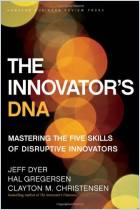
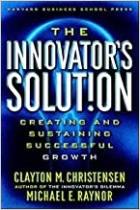

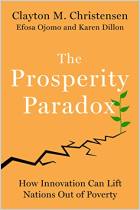
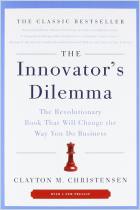

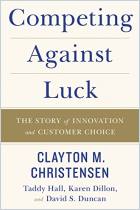
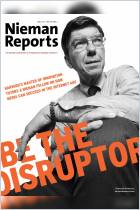
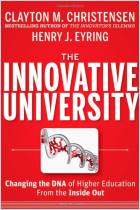

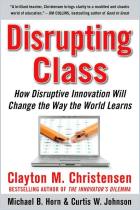
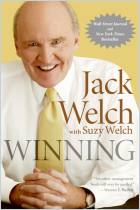
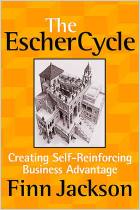
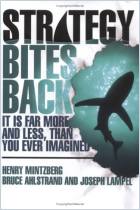
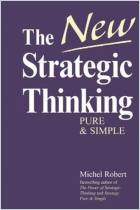
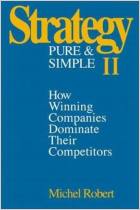
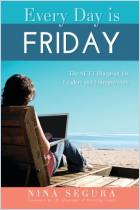





Comment on this summary